How To Start A Micro Bakery In Michigan Under Cottage Food Laws
Starting a small-scale baking business from home can be a thrilling venture, especially under Michigan’s Cottage Food Laws. These laws enable food entrepreneurs to turn their baking passion into a profitable business from their home kitchen. If you’re looking to start a micro bakery in Michigan, understanding the state’s Cottage Food Laws is crucial.
By following the guidelines set forth by the state’s Cottage Food Laws, you can launch a successful cottage food business selling non-potentially hazardous food items. In this article, we will guide you through the process of starting your own micro bakery in Michigan.
Key Takeaways
- Understand Michigan’s Cottage Food Laws to start a micro bakery.
- Learn what types of food are considered non-potentially hazardous.
- Discover the steps to launch a cottage food business from your home kitchen.
- Find out how to turn your baking passion into a profitable venture.
- Comply with state regulations to ensure a successful business.
Understanding Michigan’s Cottage Food Laws for Micro Bakers
For those looking to turn their baking passion into a business, understanding Michigan’s Cottage Food Laws is crucial. These laws are designed to allow small food businesses, like micro bakeries, to operate from home kitchens, providing a low-barrier entry into the food industry.
What Qualifies as a Cottage Food Business
A cottage food business in Michigan is defined as a business that produces non-potentially hazardous foods from a home kitchen. Non-potentially hazardous foods are those that are less likely to cause foodborne illness, such as:
- Baked goods like bread, cookies, and cakes
- Jams and jellies
- Candies
- Dried fruits and nuts
These products must be made in a home kitchen that is inspected and approved by the local health department.
Sales Limits and Restrictions
Michigan’s Cottage Food Law imposes certain sales limits and restrictions on cottage food businesses. The gross sales from a cottage food operation are limited to $25,000 in a calendar year. Additionally, cottage food businesses are required to keep accurate sales records and report their gross sales to the Michigan Department of Agriculture and Rural Development annually.
Allowed Selling Venues
Cottage food businesses in Michigan are allowed to sell their products through various venues, including:
- Farmers’ markets
- Roadside stands
- Online sales, with certain restrictions
- Direct sales to consumers
It’s essential for micro bakers to understand these allowed selling venues to effectively market and sell their products.
Permitted Products and Food Safety Requirements
Operating a micro bakery under Michigan’s Cottage Food Laws requires a clear understanding of the permitted products and food safety requirements. As a micro baker, it’s crucial to know what you can and cannot sell to comply with state regulations.
Non-Potentially Hazardous Foods You Can Sell
Michigan’s Cottage Food Laws allow the sale of non-potentially hazardous foods, which are products that are not likely to cause foodborne illness. Examples include:
- Baked goods like bread, cookies, and cakes
- Dry mixes
- Dehydrated vegetables and fruits
- Candies and chocolates
These items are considered safe as long as they are prepared and stored properly. Proper labeling and packaging are also essential to comply with the regulations.
Foods Prohibited Under Cottage Food Laws
On the other hand, foods that require refrigeration or temperature control for safety are prohibited under Cottage Food Laws. This includes:
- Dairy products and milk-based desserts
- Meat and poultry products
- Foods containing eggs that are not properly pasteurized
- Sauces and dressings that require refrigeration
Understanding these restrictions helps micro bakers plan their product lines and avoid potential legal issues.
Food Safety Training and Best Practices
Even though your products are non-potentially hazardous, following food safety best practices is vital. Proper handwashing, clean equipment, and a sanitary workspace are fundamental. Consider taking food safety training courses to learn more about handling and preparing food safely.
“Food safety is everyone’s responsibility. By following best practices, you not only comply with regulations but also protect your customers and your business reputation.”
A key aspect of food safety is maintaining a clean and organized kitchen. Here are some best practices to follow:
| Practice | Description | Benefit |
|---|---|---|
| Regular Cleaning | Clean your kitchen and equipment regularly | Reduces risk of contamination |
| Proper Storage | Store ingredients and products correctly | Prevents spoilage and contamination |
| Hand Hygiene | Wash hands frequently and correctly | Reduces risk of spreading bacteria |
By adhering to these guidelines and understanding the permitted products and food safety requirements, you can successfully operate your micro bakery under Michigan’s Cottage Food Laws.
Legal Requirements to Start Your Micro Bakery in Michigan
To successfully establish a micro bakery in Michigan, you must comply with the state’s Cottage Food Laws and regulations. This involves several key steps that ensure your business is legally sound and ready for operation.
Business Registration and Tax Considerations
Registering your micro bakery as a business is a critical first step. You will need to decide on a business structure (sole proprietorship, LLC, etc.) that suits your needs. For tax purposes, obtaining an Employer Identification Number (EIN) from the IRS is necessary. You should also register with the Michigan Department of Treasury to comply with state tax laws.
Key Business Registration Steps:
- Choose a business name and check its availability
- Register your business with the Michigan Secretary of State
- Obtain necessary licenses and permits
- Register for state taxes
| Business Structure | Tax Implications | Liability Protection |
|---|---|---|
| Sole Proprietorship | Personal tax return | Low |
| LLC | Pass-through taxation | High |
| Corporation | Corporate tax return | High |
Proper Labeling Requirements
Proper labeling is crucial for cottage food products. Michigan law requires that your product labels include the name of your product, your business name and address, a statement indicating that the product was made in a home kitchen that is not inspected by the state or local health department, and a list of ingredients.
Example of a compliant label:
- Product Name: Homemade Cookies
- Business Name: Sweet Treats
- Address: 123 Main St, Anytown, MI 12345
- Statement: “Made in a home kitchen that is not inspected by the state or local health department.”
- Ingredients: Flour, Sugar, Butter, Eggs, Vanilla

Insurance Considerations
While not always required, having the right insurance can protect your micro bakery from potential risks. Consider liability insurance to cover any potential harm caused by your products, and business insurance to protect against business-related risks.
Types of Insurance to Consider:
- Liability Insurance
- Business Insurance
- Product Insurance
Setting Up Your Home Kitchen for a Micro Bakery
A well-organized home kitchen is the backbone of a successful micro bakery operation. To effectively start a micro bakery under Michigan’s Cottage Food Laws, you need to transform your home kitchen into a productive baking environment.
Essential Equipment for Small-Scale Baking
Investing in the right equipment is crucial for small-scale baking. You’ll need quality baking pans, mixing bowls, and measuring tools. Consider the types of baked goods you plan to produce and invest in equipment that supports your product line.
For instance, if you’re planning to bake a lot of bread, a stand mixer can be a valuable investment. Similarly, if you’re focusing on pastries, having a pastry brush and rolling pin is essential.
| Equipment | Purpose |
|---|---|
| Stand Mixer | Mixing large batches of dough or batter |
| Baking Pans | Baking various types of goods |
| Measuring Tools | Accurate measurement of ingredients |
Organizing Your Space for Efficiency
Organizing your home kitchen for efficiency is key to productivity. Declutter your workspace and ensure that all necessary equipment and ingredients are easily accessible.
Consider implementing a storage system for your baking supplies and ingredients. This will help keep your kitchen tidy and make the baking process more streamlined.

Scaling Recipes for Commercial Production
Scaling your recipes for commercial production requires careful planning. You’ll need to adjust ingredient quantities while maintaining the quality and consistency of your baked goods.
It’s also important to test your recipes on a larger scale to ensure they translate well to commercial production. Keep detailed records of your recipe adjustments and production outcomes.
Marketing and Selling Your Micro Baker Michigan Cottage Food Products
Marketing your micro bakery products effectively is key to attracting and retaining customers in Michigan’s competitive food scene. As you establish your brand, it’s essential to focus on both online presence and direct sales strategies.
Building Your Brand and Online Presence
Creating a strong brand identity is crucial for differentiating your micro bakery from competitors. This involves developing a unique logo, packaging, and overall visual aesthetic that reflects your brand’s values and style.
Key elements of a strong brand include:
- A clear and consistent visual identity
- Engaging storytelling that connects with your target audience
- A robust online presence through social media and a dedicated website
Utilizing social media platforms like Instagram can help showcase your products and interact with potential customers. A well-designed website is also essential for providing a seamless customer experience, allowing customers to learn about your products, pricing, and how to purchase them.
Finding Success at Farmers Markets and Direct Sales
Farmers’ markets and direct sales are vital channels for micro bakeries to connect with customers and promote their products. To succeed in these venues, it’s important to:
- Develop an attractive and professional display
- Engage with customers, sharing the story behind your products
- Offer samples to let customers experience your baked goods firsthand
Direct sales, whether through online orders, in-person sales, or events, require a personal touch. Building relationships with your customers can lead to repeat business and positive word-of-mouth.
“The way to get started is to quit talking and begin doing.” – Walt Disney
Pricing Strategies for Profitability
Pricing your micro bakery products correctly is critical for ensuring profitability. This involves calculating your costs, understanding your target market’s willingness to pay, and analyzing your competitors.
| Cost Component | Description | Example Cost |
|---|---|---|
| Ingredients | Cost of raw materials | $5 per unit |
| Time | Labor cost for preparation | $3 per unit |
| Overheads | Marketing, rent, etc. | $2 per unit |
| Total Cost | $10 per unit |
By understanding your costs and the value proposition of your products, you can set prices that are both competitive and profitable.
Conclusion: Growing Your Cottage Food Micro Bakery
Starting and growing a micro bakery under Michigan’s Cottage Food Law requires careful planning and compliance with regulations. As food entrepreneurs, understanding the laws governing cottage food businesses is crucial for success.
By setting up your home kitchen to meet the necessary standards and developing a solid marketing strategy, you can effectively grow your business. Michigan’s Cottage Food Law provides opportunities for cottage food micro bakeries to thrive, and with the right approach, you can turn your baking passion into a profitable venture.
As you move forward, focus on building a strong brand and online presence to reach more customers. With persistence and dedication, food entrepreneurs can achieve success and continue growing their business under the Michigan cottage food law.
FAQ
What is Michigan’s Cottage Food Law?
Michigan’s Cottage Food Law allows individuals to start small-scale food businesses from their home kitchens, providing an opportunity for entrepreneurs to turn their baking passion into a profitable venture.
What types of foods can be sold under Michigan’s Cottage Food Law?
Non-potentially hazardous foods such as baked goods, dry mixes, dehydrated vegetables, jams, and candies can be sold under Michigan’s Cottage Food Law.
What are the sales limits and restrictions under Michigan’s Cottage Food Law?
The law has specific sales limits and restrictions, and it is crucial to understand these to comply with the regulations and avoid any penalties.
Where can I sell my cottage food products?
You can sell your cottage food products directly to consumers at venues such as farmers’ markets, roadside stands, and other direct markets.
Do I need a food license to operate a cottage food business in Michigan?
Under Michigan’s Cottage Food Law, you do not need a food license from the Michigan Department of Agriculture and Rural Development (MDARD) to operate a cottage food business, but you must comply with the law’s requirements.
What are the labeling requirements for cottage food products?
Cottage food products must be properly labeled with the product name, ingredients, and your business name and address.
Do I need to have my home kitchen inspected by the Michigan Department of Agriculture and Rural Development?
No, under Michigan’s Cottage Food Law, your home kitchen is not required to be inspected by MDARD, but you must still follow food safety practices.
Can I sell my cottage food products to retail stores?
No, under Michigan’s Cottage Food Law, you can only sell your products directly to consumers, not to retail stores.
What kind of insurance considerations should I consider for my cottage food business?
It is recommended that you consider liability insurance to protect your business in case of any food safety issues or other problems.
How can I ensure food safety in my cottage food business?
You can ensure food safety by following best practices, taking food safety training, and maintaining a clean and organized home kitchen.
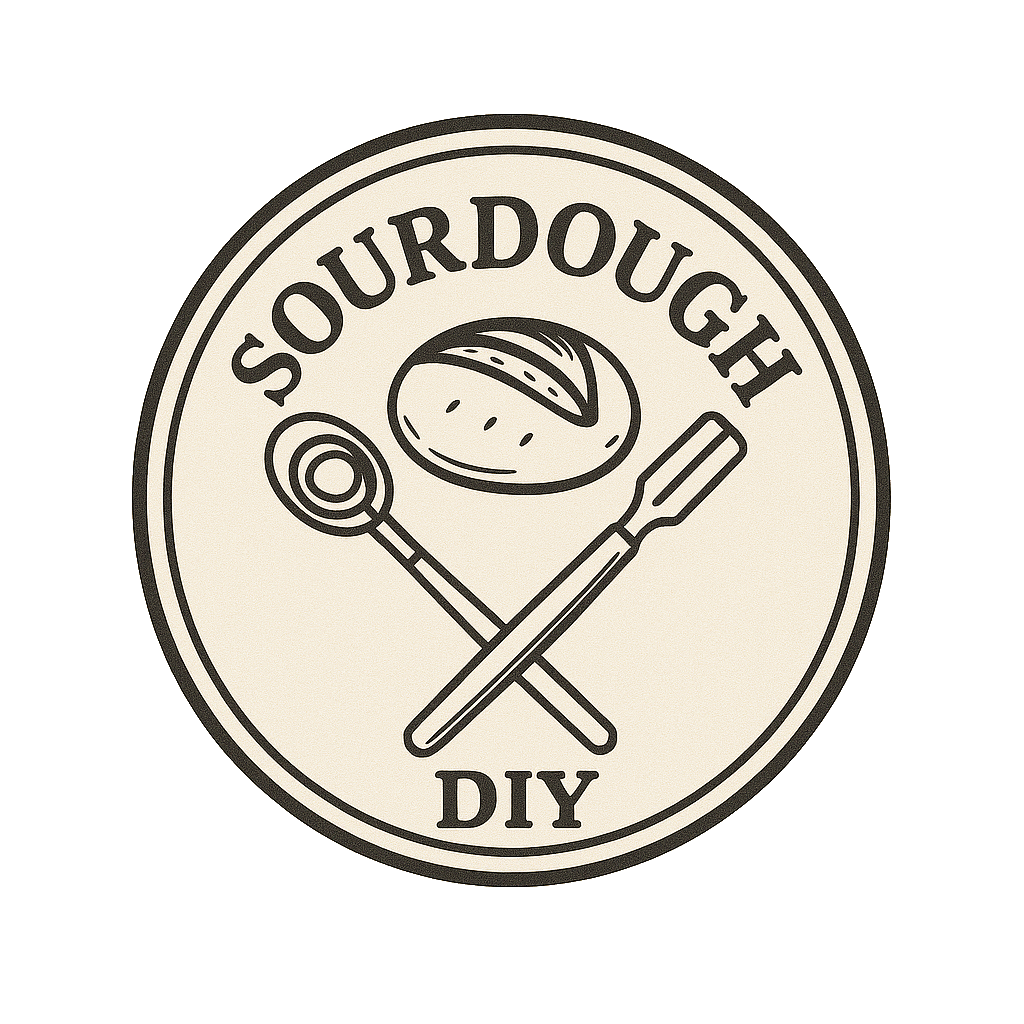
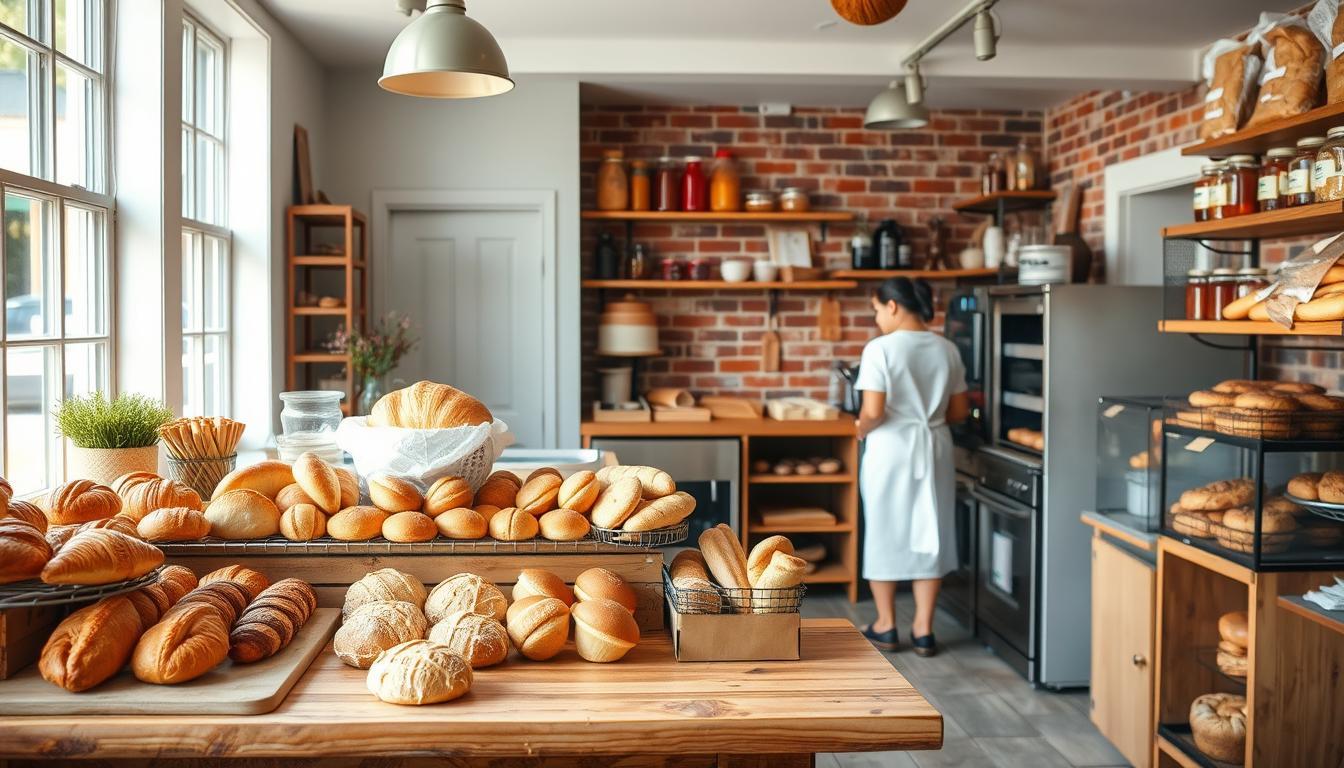
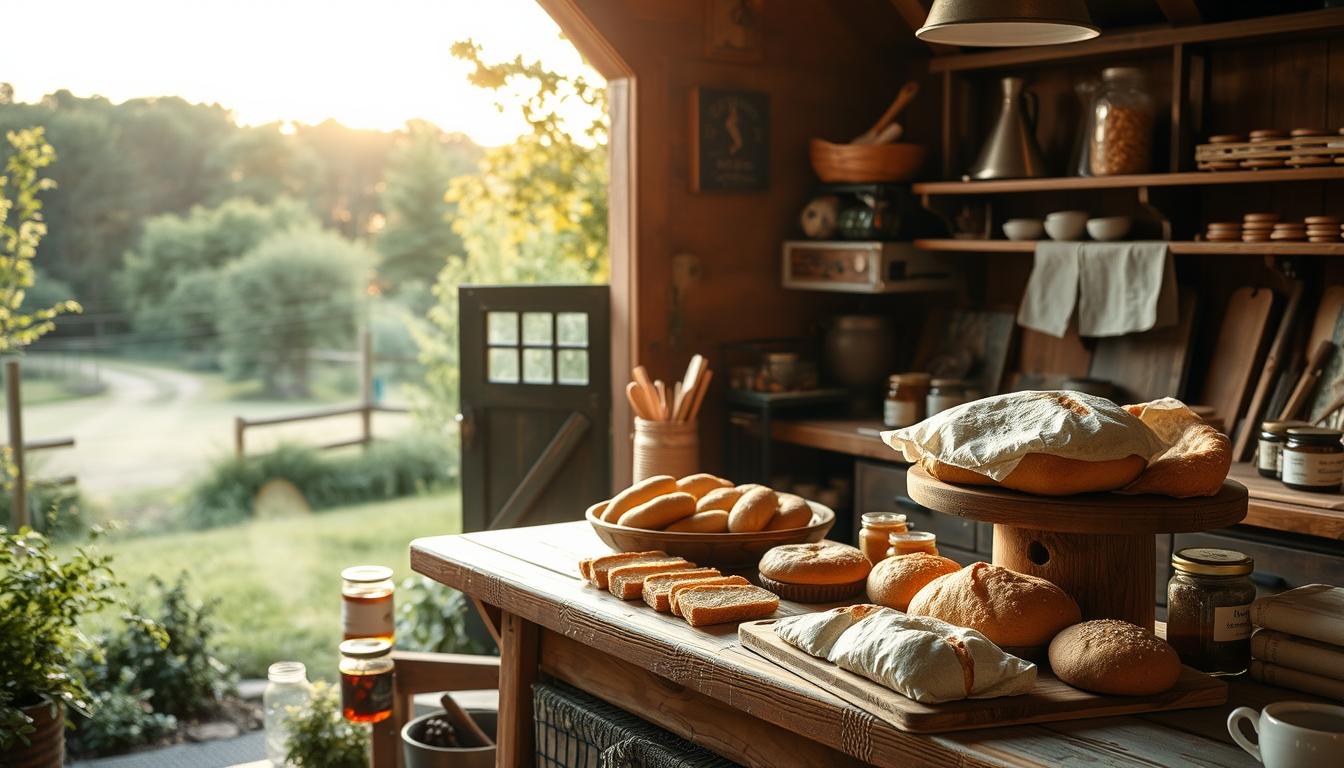
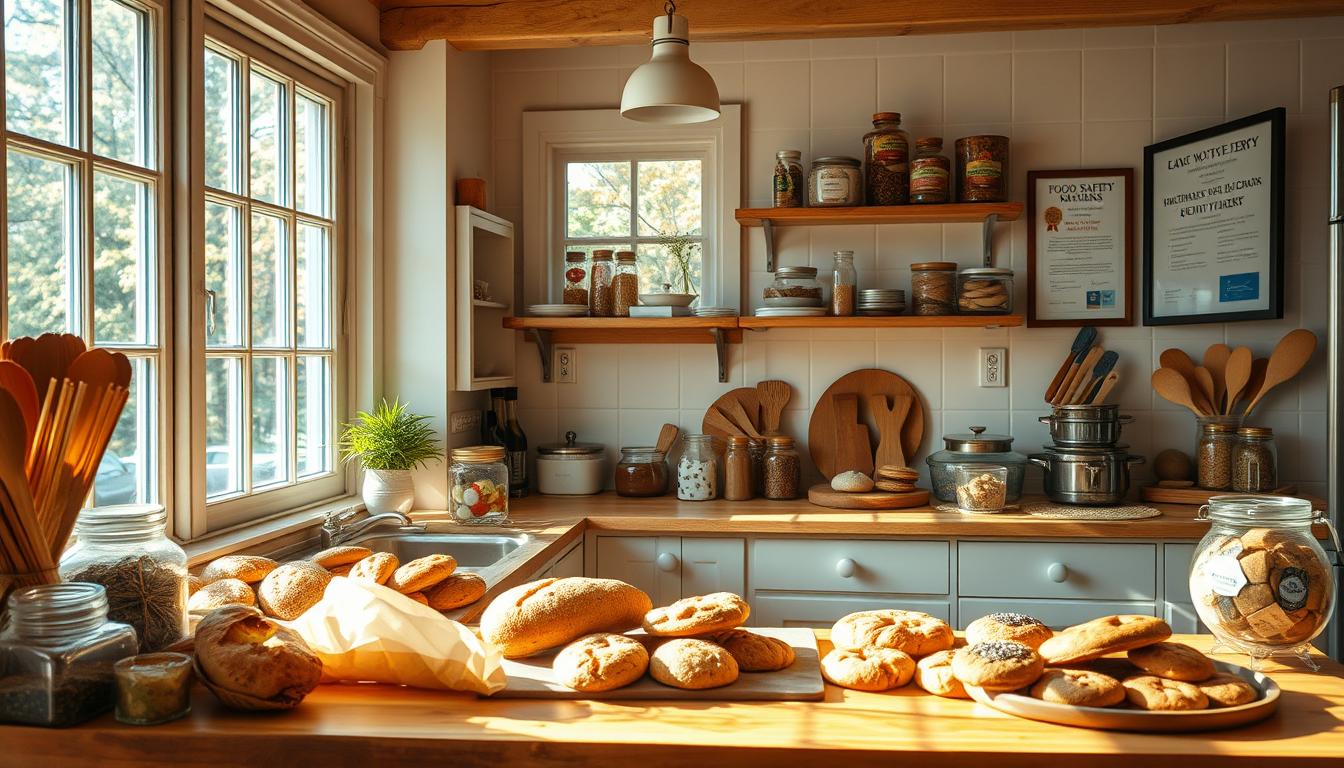
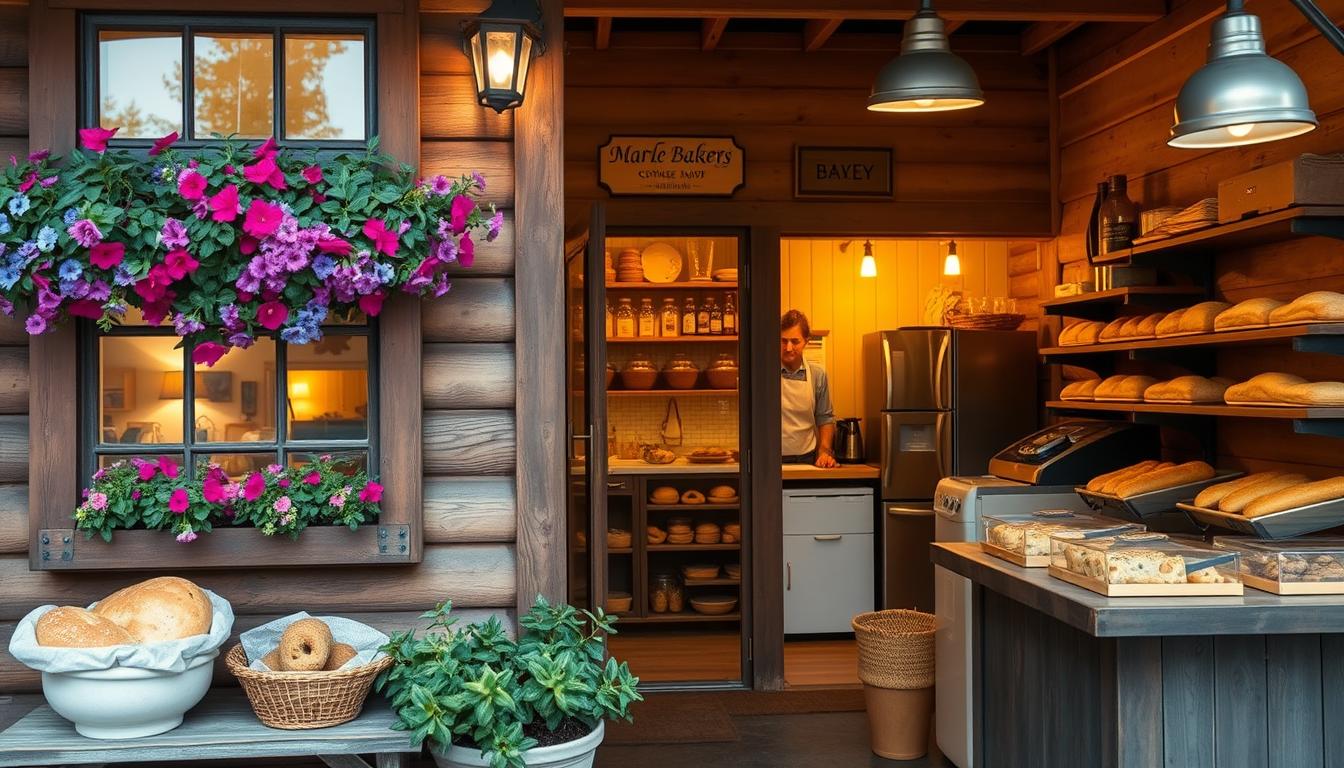
Leave a Reply